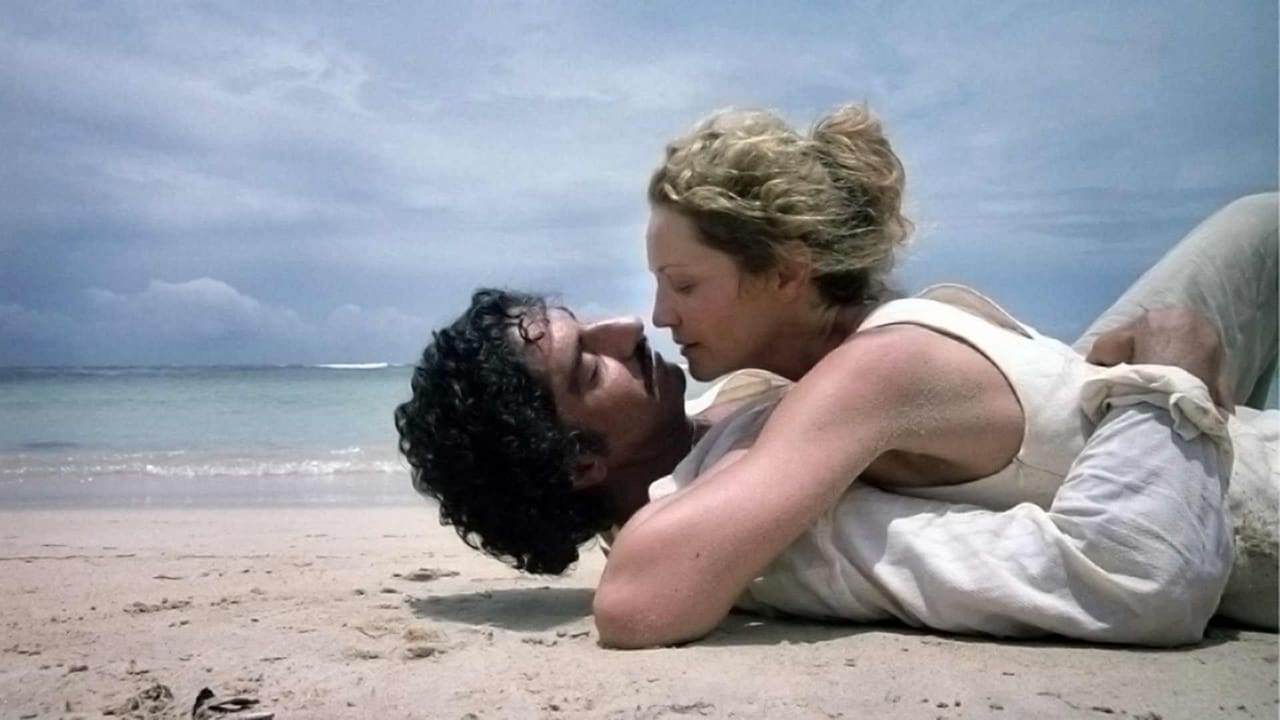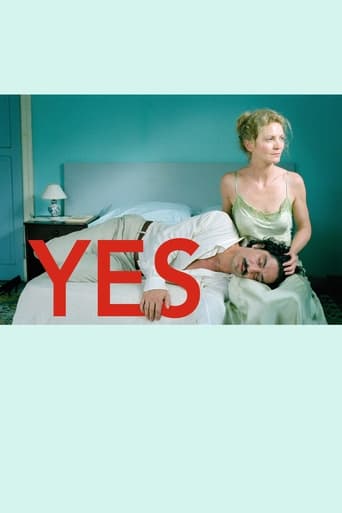



Your blood may run cold, but you now find yourself pinioned to the story.
View MoreAll of these films share one commonality, that being a kind of emotional center that humanizes a cast of monsters.
View MoreYes, absolutely, there is fun to be had, as well as many, many things to go boom, all amid an atmospheric urban jungle.
View MoreThis is a coming of age storyline that you've seen in one form or another for decades. It takes a truly unique voice to make yet another one worth watching.
View Morewhat is number zero in the movie. they mentioned to the numbers 1 2 3, then the number 0. i think that the number zero which is nothing can convert everything to nothing, also makes the numbers have enormous values.. the number zero is: the workers all about the world and all among the societies.the cleaners in the movie are the number zero, the king of emptiness but also the king of everything. maybe that referes to a communism idea or at least social one. in other word that referes to the divine power of the workers. i loved that movie it is easy to understand and can touch the heart tenderly. i recommend it to those who love the drama and people.
View MoreSimon Abkarian made a huge impression in "Ararat," Atom Egoyan's 2002 film about the Armenian genocide. Abkarian played Armenian painter Arshile Gorky. Gorky had lived an incredibly hard life; he was a survivor of the Armenian genocide. His mother was not. She starved to death. Simon Abkarian's performance as Gorky was supernatural. He channeled Gorky. His scenes felt as if conveyed from a miracle camera dispatched, across restrictions of time and space, to Gorky's studio. The power and impact of Abkarian's performance was all the more amazing because, iirc, he never spoke. I resolved to see Abkarian in any other movies I could find. I was eager to see "Yes." Alas, "Yes" just doesn't work. The iambic pentameter and rhyming doesn't sound like Shakespeare; when it sounds like any other literature, it sounds like Dr. Seuss. Sometimes it just sounds like an incomprehensible series of syllables that, the listener expects, are condemning the West and encouraging us all to just get along. In addition to the stilted and unnatural dialogue, the film includes many Dutch angles, and characters address the camera. In short, this film really doesn't want you to experience any willing suspension of disbelief. It wants you to sit, spine straight, on needles and pins, aware at every moment that you are having an important, experimental, cultural experience, and that Sally Potter is behind that camera.The two main characters never named never take on any life. This is remarkable given the fine talents Sally Potter has lured into this science experiment. Joan Allen is always sincere and lovable. Abkarian comes off less well, perhaps because he is given the goofier role. Given how utterly stereotypical and lifeless the main characters are, it's hard to know how seriously Potter wants them to be taken. Joan Allen plays a beautiful, icy, blonde, super wealthy woman who lives a loveless marriage in a monochrome apartment. Abkarian is a passionate Ethnic Other, dark, hairy, "a doctor in my own country, a waiter in yours" and always ready for luuuuv. He dances and recites poetry. At least Potter doesn't have him say, "Come with me to the Casbah," or sing "Sheikh of Araby." The film can't tell the small story of two people who may or may not be in love; it doesn't get anywhere near saying anything deep or new or heartfelt or important or even vaguely true about the bigger issues it wants to address: terrorism, East-West relations, Rich-Poor relations, or stem cell research.
View MoreWriter/director Sally Potter's movie "Yes" gives us an inkling - at least in terms of style -of what it might be like if Shakespeare were alive today and writing screenplays (though one hopes that they would turn out considerably better than this one happens to be). The "unique" characteristic of the film is that the characters discuss the meaning of life and the complexities of relationships entirely in poetic verse. Pure rhymes, slant rhymes, internal rhymes - virtually every type of rhyme can be found in this film. The problem is that the novelty of the conceit wears off mighty quickly, so that all we are ultimately left with are a bunch of pretentious, whiney characters driving us crazy with their high-toned blathering. Allow me to propose a simple rule of thumb: you know you'll be needing a sturdy pair of hip boots to wade through any movie, play or novel in which two of the main characters are referred to simply as He and She.I hope I won't be dismissed as a Philistine for objecting to this film. As a matter of fact, I am always open for anything even remotely novel and different in film-making, and I actually quite like the idea of a movie that plays like an extended poem. The problem is that I just couldn't stand any of the people we were being asked to care about in this particular work. Joan Allen and Sam Neill play a middle-aged English couple whose marriage has long ago become a hollow shell. They are clearly intended to be models of the enervated upper class - cynical, bored, filled with ennui and unable to communicate their innermost thoughts and feelings to one another - but we've seen these types of characters and marriages so many times before that Anthony and She feel more like caricatures than actual people (I'm not quite sure why he gets a real name and she - I mean She - doesn't, but no matter). And their speaking in verse only makes them all that more insufferable in their pseudo-profundity and monumental self-absorption.Allen, due to her extraordinary gifts as an actress, is at least able to cut through the pretentiousness and create some feeling for her character, but Neill and Simon Abkarian (who looks distressingly like Borat), as a chef from Beirut who becomes her lover (he's the He to Allen's She), are not quite so fortunate. Moreover, to make matters worse, in a movie in which language plays such a crucial part, some of the accents are so thick that much of the dialogue is simply incomprehensible. That only compounds the frustration of watching the movie.There are some genuinely lyrical moments when the movie seems to be working and we can see what the filmmakers were trying to get at. But, unfortunately, those wind up being too few and far between to keep us from voting a resounding "Nay" to "Yes."
View MorePlease be prepared, because you may like this film. To be one of those, you must dislike President Bush and join other Europeans and Middle Easterners in hating the US, its influence, and its foreign policy. Joan Allen, a liberal wacko in real life, is a woman who comes to understand that her country is a bad and egotistical one.One a good note, some music in the soundtrack is excellent! From several Chopin pieces, to a Brahms waltz, to a snippet of Rachmaninov, the music in this film is mostly very satisfying. The acting in and of itself is also very good. The cinematography and scenes are picturesque as well.The entire film is written in silly poetry, yes, with rhymes! The filmmakers took Ms. Allen to rap/poetry readings (definitely "art") so she would understand this film's dialogue by Sally Potter. It is boring and slow moving, and it's supremely annoying with its forced rhyming (oh sorry, RAP) and unveiled loathing of the US. This is pure rubbish; and it's easy to see why Hollywood continues to moan about decreasing box office revenues each year. If this is the sort of product they produce, the trend will most certainly continue.
View More